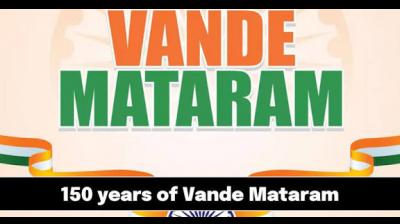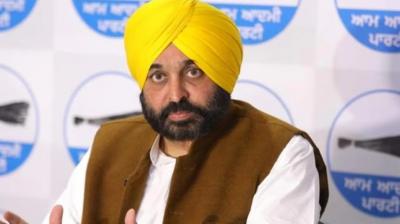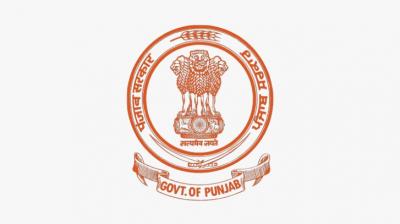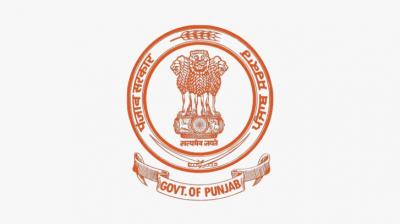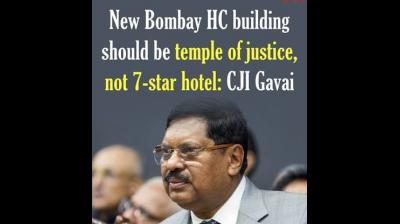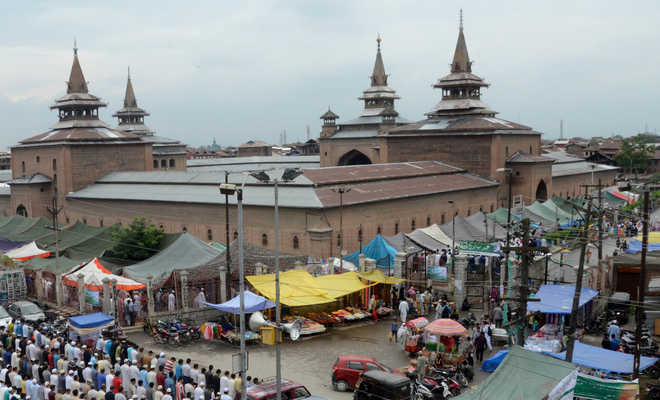
Srinagar: The historical Muslim Park in Jamia Masjid, which used to be a vibrant place for political activities from 1940 onwards, has lost its sheen and has been encroached upon.
Srinagar: The historical Muslim Park in Jamia Masjid, which used to be a vibrant place for political activities from 1940 onwards, has lost its sheen and has been encroached upon.
The park, located in the heart of the city at Jamia Masjid in Srinagar’s Nowhatta area, has a historical and religious significance in Kashmir.
In 1944, founder of Pakistan Quaid-e-Azam Muhammad Ali Jinnah, during his visit to Kashmir, addressed a mega gathering from the park podium which is raised in traditional devri stone.
“In the 1940s, the engagement of Muhammad Ali Jinnah in Kashmir caused strong changes in the state politics. The most significant time was his participation in the 13th convention of the Muslim Conference on June 16-17, 1944, at Muslim Park. The park has its importance and needs to be preserved,” says Saleem Beg, who heads the Indian National Trust for Art and Cultural Heritage (INTACH) in Kashmir.
The park currently houses temporary shops and a shopping complex has also been constructed on a portion of a graveyard nearby. Many believe that the problem exists because of lack of intervention by the authorities.
Though Jinnah addressed several public meetings in Kashmir, his Muslim Park appearance, where he addressed a convention of the then Muslim Conference which subsequently transformed into National Conference led by Sheikh Mohammad Abdullah, changed the course of Kashmir politics, says a historian based in the Valley.


